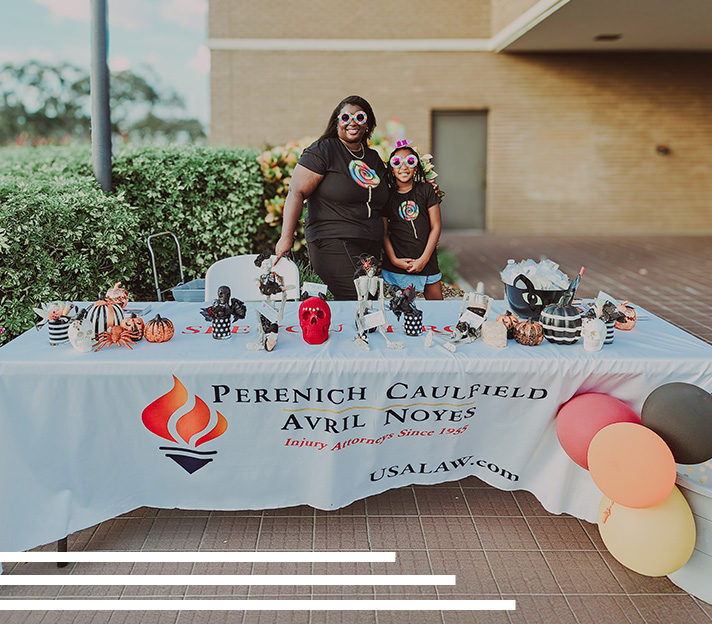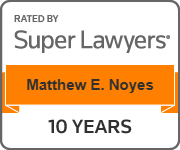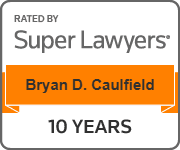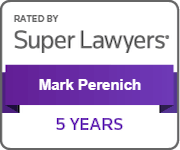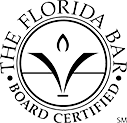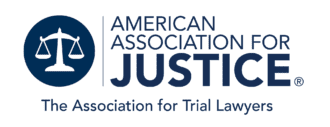Clearwater Social Security Disability Lawyer
Are you or a loved one unable to work because of a serious illness or injury in Clearwater, Florida? You may be entitled to Social Security disability benefits based on your prior work history. A skilled Clearwater Social Security disability lawyer can help you fight to recover the benefits you need and deserve.
Our lawyers at Perenich, Caulfield, Avril & Noyes Personal Injury Lawyers have helped injury victims recover the fair compensation they need after an accident or illness since 1955. We’ve recovered hundreds of millions of dollars in compensation and are ready to use our experience to your benefit.
Do you need help with a denied Social Security disability application? Contact our law offices in Clearwater, Florida, today at (727) 591-3354 to schedule a free consultation today.
How We Can Help With a Clearwater Social Security Disability Claim
The Social Security disability claims process is extremely complex. In fact, it’s so complex that most claims are initially denied. However, the Social Security Administration can make mistakes. Applications are often denied based on a technicality or forgotten document.
When you’re hurt and suffering, you shouldn’t have to deal with complicated paperwork or the back-and-forth with the insurance companies. Hiring a Clearwater personal injury lawyer can greatly increase your odds of approval.
Perenich, Caulfield, Avril & Noyes Personal Injury Lawyers has been serving clients in Tampa Bay since 1955, making it the oldest personal injury firm in the region. We’ve recovered tens of millions of dollars for the individuals and families that needed it most.
When you hire us, you’ll have a lawyer by your side to:
- Gather all medical evidence needed to support your SSD application
- Handle all communications with the Social Security Administration
- Ensure that your application and additional paperwork is complete and filed correctly
- Represent you during the appeals and hearing stages if your initial application is denied
- Review the SSA’s calculations to make sure you’re receiving the maximum compensation possible
Our Clearwater personal injury attorneys have more than 60 years of experience helping clients like you handle disability cases. Call our law firm in Clearwater, Florida, today to schedule a free consultation and learn more.
Overview of the Social Security Disability System in Clearwater
Federal Social Security Disability Insurance (SSDI) and Supplemental Security Income (SSI) programs provide financial assistance to people who are unable to earn a living because of a disability.
SSDI provides compensation to individuals who are “insured.” Insured status for SSDI purposes is based on your work history.
Injured individuals with sufficient “work credits” may qualify for Social Security disability benefits. The Supplemental Security Income program is a needs-based program that offers financial help to low-income individuals who are unable to earn a living. SSI benefits may be available in addition to SSD benefits or other retirement benefits.
Types of Social Security Disability Benefits
There are a few different types of Social Security disability benefits. Depending upon the circumstances, you may be entitled to receive:
- Disability insurance benefits, which provides benefits to qualifying disabled workers under the SSDI/SSD program
- Disabled widow/widower benefits (DWB) if you are over the age of 50 and develop a disability within seven years after the death of a spouse
- Disabled adult child benefits (DAC) for disabled adult children between the ages of 18 and 22, if their parents are deceased or receiving SSD or Social Security retirement benefits
Am I Eligible for Social Security Disability (SSD) Benefits?
Do you have questions about your SSD options? It’s never too early to seek legal advice. Call our law offices for a free consultation today.
You can qualify for SSD benefits whether you’re injured in a car accident, in a workplace accident or in a simple slip and fall while walking down the street. The nature of the accident is irrelevant in establishing eligibility.
Injured parties may be eligible for Social Security disability benefits if:
- They are under the age of 65
- You have earned work credits by paying taxes over the years
- A medical, cognitive, psychological condition prevents you from working for at least 12 months
- The condition is likely to prevent you from working for at least 12 additional months
Certain family members of disabled individuals may also be eligible for SSD benefits, including spouses, divorced spouses, and children.
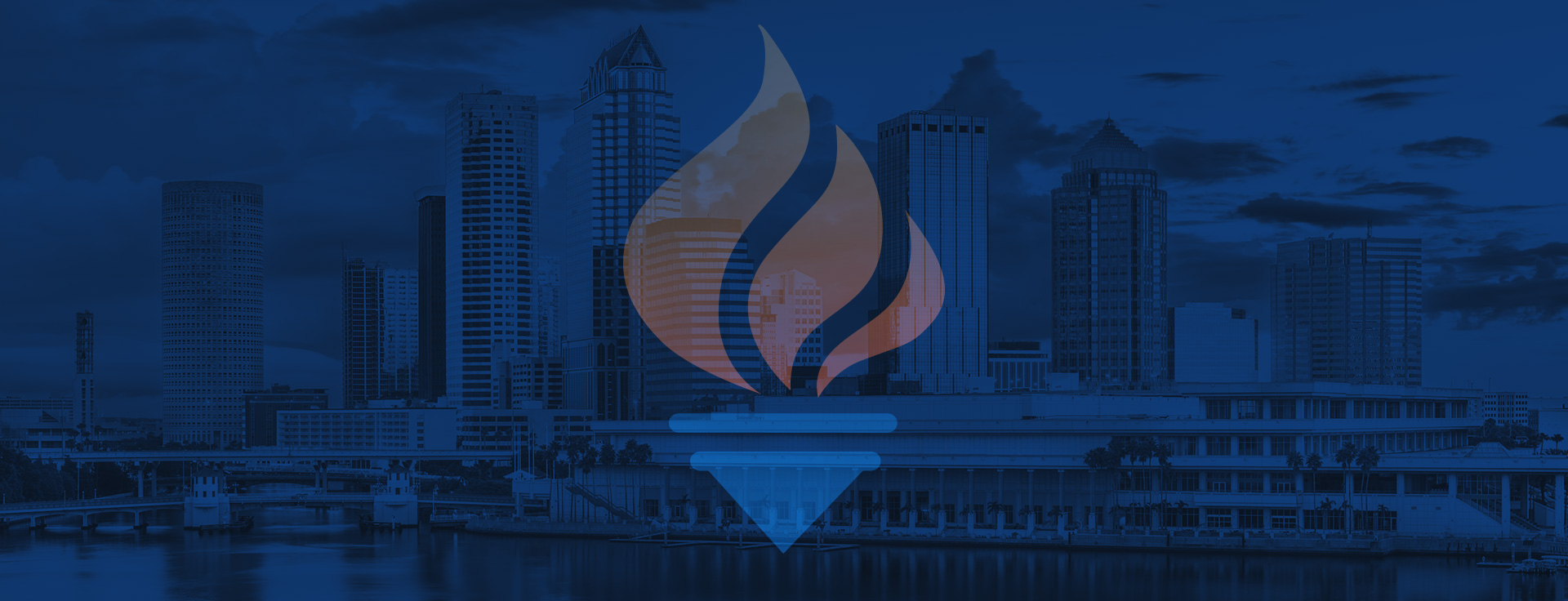
We treat you like family.
If you can’t come to us, we’ll come to you.
Representing Accident Victims in Tampa Bay since 1955
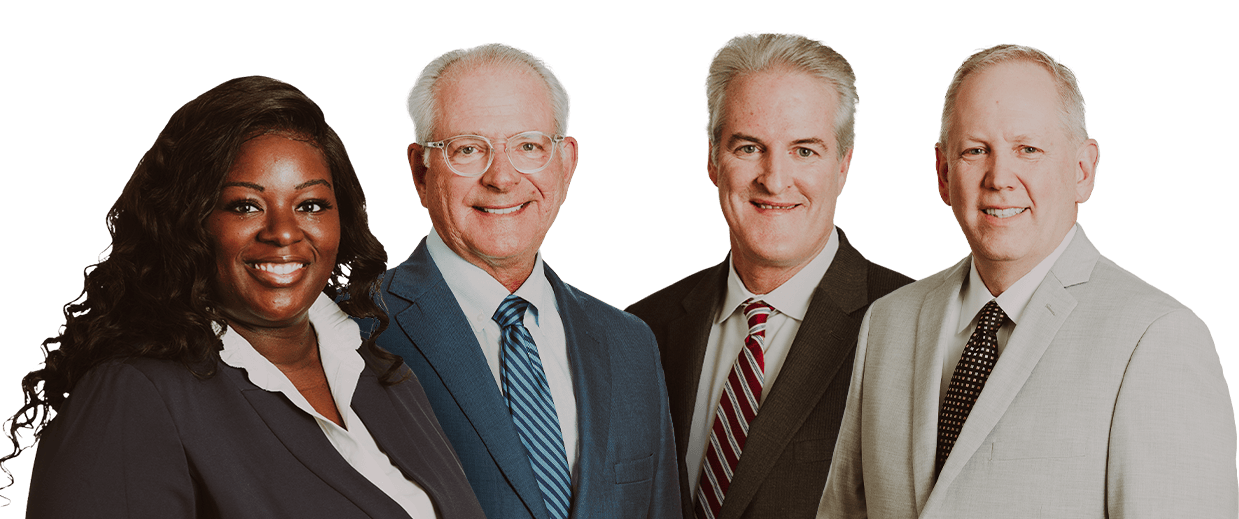


-
“Friendly knowledgeable and kept me informed about my case. Any offer, bill or question was readily answered. Would definitely recommend and refer people to Bryan Caulfield and his team!!”- Betty B.
-
“Mrs Bryant works her butt off to make sure you get what is do to you in medical and beyond! They won’t take your case if they don’t feel you haven’t been wronged.”- Christine R.
-
“Working with Mark Perenich on my auto injury case was an absolute game-changer. From the very beginning, he brought a level of professionalism, expertise, and care that immediately put us at ease.”- Kerry B.
-
“Lorrie and Allyson are phenomenal. I highly recommend them to anyone. It seemed like a never ending journey but I can’t thank them enough for diligently fighting my case with the greatest integrity, support and prayers.”- Former Client
-
“Allyson has been so helpful with navigating the disability process for my husband!”- Kaitlyn S.
-
“It honestly couldn’t have gone better. Pretty much perfect.”- Andreas B.
-
“From the first day we met this law group I felt very comfortable and knew we would be well taken care of. This was our first experience filing for SSD, and was not disappointed. The lawyers are awesome and very professional.”- Shari J.
-
“Very nice they worked with you. Never ignored me with my case. Always on top to work with you. Thank you so much for all that you have done to help me! Very highly recommend.”- Margarita O.
-
“My appointed attorney was Jacqueline, Bryant. She is very compassionate about her client and work. When it comes to negotiation, she's a Beast and she gets the job done.”- Alaina J.
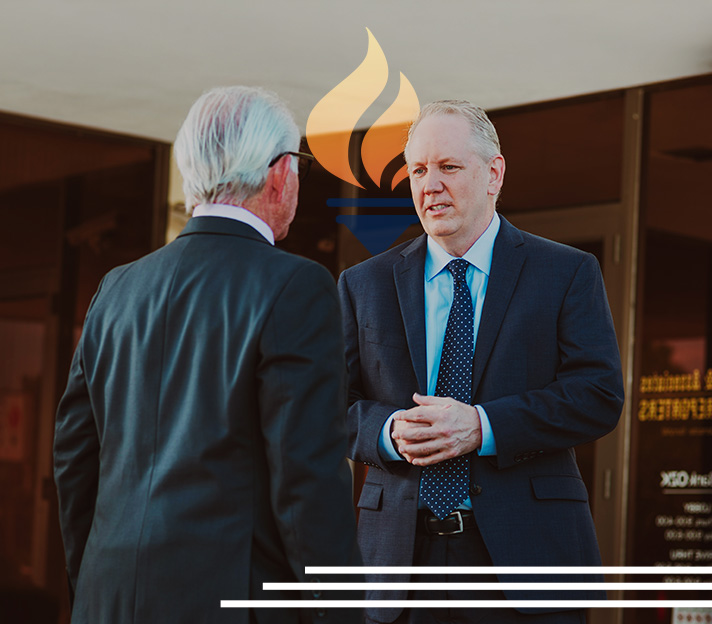

We’ve been proudly serving Clearwater, St. Petersburg, and the Tampa Bay area for generations. As the first personal injury law firm in Clearwater, our dedicated legal team brings over 300 years of combined experience to each and every case. If you’ve been injured and need support, please reach outtoday for a free consultation, we are here to help you.
